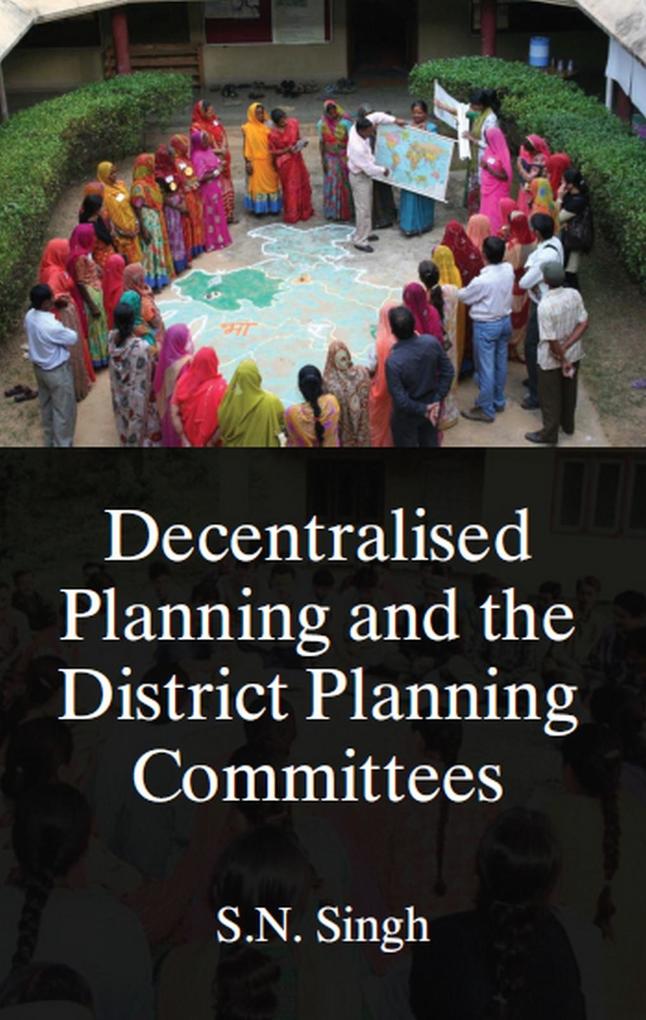
Sofort lieferbar (Download)
The post Independence India opted for a planned approach for its future development and growth. A new organisation in the name of Planning Commission was created with Prime Minister as its ex-officio Chairman to provide strength to this body. Amongst the various models adopted for development in the country Decentralised Planning was considered to be a realistic model looking into the length and breadth of the country. The initial efforts towards decentralised planning could not bring the desired fruits. In order to make decentralised planning effective and realistic, the 74th Constitutional Amendment Act of the 1992 made provision towards this effect. The creation of District Planning Committees under the provision of the Constitution made decentralised planning model realistic. The book is based on the research conducted in two States, i. e. , Andhra Pradesh and Uttar Pradesh where in the decentralised planning has been made operative through District Planning Committees. The book provides a detailed analysis of the composition, functioning and performance of the District Planning Committees through which the objective of performance of the District Planning Committees through which the objective of participative planning was anticipated to be implemented to make it realistic and people oriented. It is hoped that the book would fulfill the need of the readers and researchers interested in the areas of decentralised planning.
Produktdetails
Erscheinungsdatum
30. Juni 2014
Sprache
englisch
Seitenanzahl
142
Dateigröße
0,32 MB
Autor/Autorin
S. N. Singh
Verlag/Hersteller
Kopierschutz
mit Adobe-DRM-Kopierschutz
Family Sharing
Ja
Produktart
EBOOK
Dateiformat
EPUB
ISBN
9789353247515
Entdecken Sie mehr
Bewertungen
0 Bewertungen
Es wurden noch keine Bewertungen abgegeben. Schreiben Sie die erste Bewertung zu "Decentralised Planning And The District Planning Committees" und helfen Sie damit anderen bei der Kaufentscheidung.









